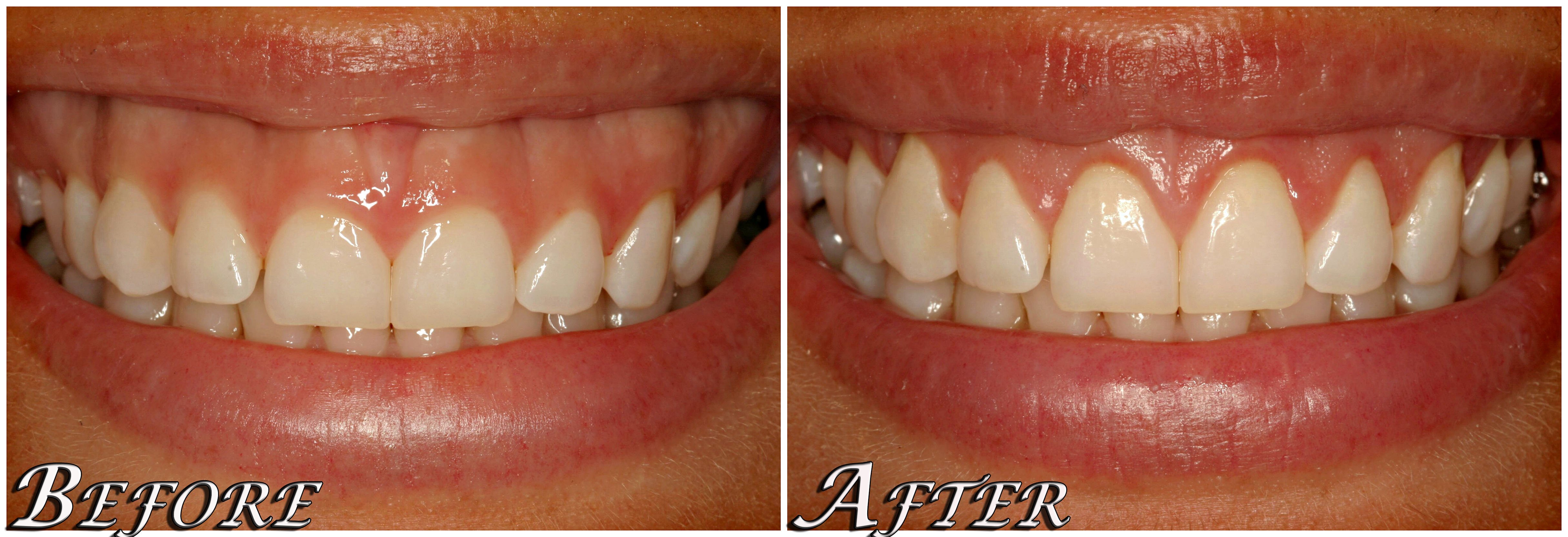Surgical Removal of Impacted Tooth - Oral Maxillofacial Surgery Clinic DRHC Dubai
An impacted tooth is one that either fails to push through the gum or enters the mouth in an unnatural position.
Causes of Impacted WisdomTeeth
A tooth is deemed impacted if it emerges only partially or not at all. When there is not enough room in the jaw for your teeth, wisdom teeth typically get impacted. A tooth may occasionally emerge at an improper angle, which can result in impaction. The final teeth to emerge, wisdom teeth typically appear between the ages of 17 and 21.
What kinds of impacted wisdom teeth are there?
Four different types of wisdom teeth impaction exist. Each category corresponds to the placement of your tooth:
- Mesial impaction is the most common type. It occurs when your wisdom tooth is angled toward the front of your mouth.
- Distal impaction, the rarest type, happens when your wisdom tooth is angled toward the back of your mouth.
- Vertical impaction is when your wisdom tooth is in the correct position for eruption, but it’s still trapped beneath your gums.
- Horizontal impaction is when your wisdom tooth is lying completely on its side, trapped beneath your gums. Horizontally impacted wisdom teeth are often painful because they place excess pressure on the teeth in front of them.
How do impacted wisdom teeth affect my oral health?
Impacted wisdom teeth are very common. A partially emerged tooth can trap food, plaque, and other debris in the soft tissue around it, and is also difficult to clean which can lead to inflammation and tenderness of the gums and unpleasant mouth odor. This is called pericoronitis. This retained debris leads to decay on the wisdom tooth and the neighboring tooth, or even bone loss and gum disease.
Symptoms of a partially impacted tooth include:
- Bad breath
- Difficulty opening the mouth
- Pain or tenderness in the gums or jawbone
- Persistent headaches or jaw aches
- Redness and swelling of the gums around the impacted tooth and surrounding teeth
- Occasionally swollen lymph nodes in the neck
- Bad taste when biting down on or near the area
Tests and Exams
Your oral Maxillofacial surgeon will perform a clinical examination of you to look for swelling tissue over the area where a tooth is missing or just partially erupted. Gums nearby may exhibit symptoms of infection as redness, discharge, and pain.
Dental X-rays, such as the OPG X-ray, can establish the existence of one or more undeveloped teeth.
Treatment
A wisdom tooth that is impacted may not require any treatment if it is not creating any issues
If the impacted tooth hurts, over-the-counter painkillers could help. Gums may feel better after gargling with warm salt water (one-half teaspoon or 3 grams of salt in one cup or 240 milliliters of water) or over-the-counter mouthwash.
The typical course of action is to have the wisdom tooth removed. Sedation is carried out at the oral surgeon's clinic. If the tooth is infected, antibiotics may be provided both before and after the extraction.
Outlook (Prognosis)
Some people may not have issues with impacted teeth, in which case there is no need for treatment. When the tooth does create symptoms, treatment is most frequently effective.
Because the roots have not fully formed by the time a person reaches the age of 20, it is preferable to have wisdom teeth removed before this age. The roots lengthen and curve as a person ages. Bone becomes more rigid, and problems may arise.
Possible Complications
- Infections like dry sockets and abscesses of the tooth or gum region are examples of complications of an impacted tooth. This occurs when your tooth socket's blood clot following surgery is prematurely released, leaving your bone exposed. By refraining from using a straw after having your wisdom teeth removed, you can lower your risk of developing dry sockets.
- Malocclusion (bad tooth alignment)
- Plaque caught in the space between teeth and gums
- Damage to adjacent structures
- Periodontal disease on the tooth next to it.
- During wisdom teeth removal, it's possible for your nerves, jawbone, sinuses, or other teeth to sustain injury. These injuries are less likely with advanced surgical procedures, but they are still possible. To handle this form of oral surgery, other procedures can be required. to address this type of damage.
.png?width=281&height=59&name=bookanappointment%20(1).png)
Are you looking for a leading dentist in Dubai or leading dental clinic in Dubai or a pediatric dentist in Dubai? DRHC provides the leading dentist for dental implants and Cosmetic dentistry. To book your appointment please call +97142798200 today!




.png?width=281&height=59&name=bookanappointment%20(1).png)
.jpg)


